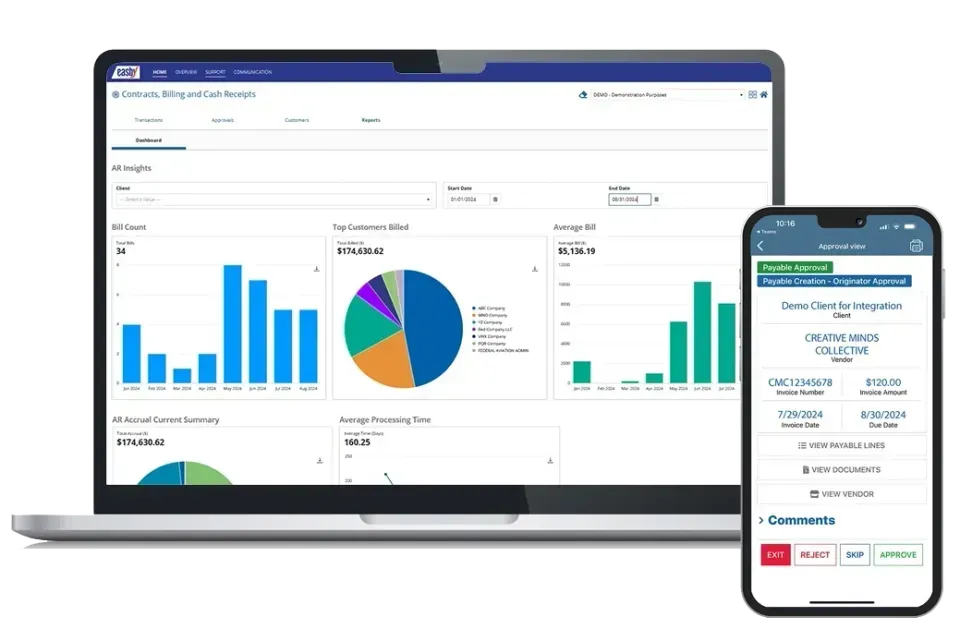By Ted Rose, CEO, Rose Financial Solutions
Are you having issues hiring and retaining employees? Is inflation adversely affecting your costs from critical suppliers and the salary expectations from staff? Are you worried that rising interest rates, spiking energy costs, supply chain issues, and the 2022 stock market correction will push the economy into a full and extended recession?
If so, you are not alone. According to the U.S. Bureau of Labor Statistics, approximately 47 million people resigned in 2021. Additionally, a Willis Towers Watson
survey
from 2022 found that most U.S. employees (53 percent) are willing to leave their current employment. This is in the face of record gas prices, the first significant interest rate hikes by the Fed in decades, an extended war in Europe, and the largest stock market plunge since the beginning of the pandemic.
These challenges are impacting industries across the board, leaving companies with one viable path forward, finding ways to do more with less. For the most part, this involves transforming your business with technology in ways that may not have been possible or may not have made sense before the pandemic. During the last two years, we’ve seen the dramatic expansion of technology focused on transacting business remotely, including video conferencing, IP phone systems, payment processing, accounting technologies, cloud-based software, etc.
The key to a successful transformation is the ability to connect all of these remote technologies in a comprehensive system that improves visibility, communication, and access. This solution is traditionally limited to a full ERP implementation for larger enterprises. Novel technologies are making all of this possible for smaller companies allowing most companies to maintain remote support staff in cases where a physical operation is required, or to create an entirely remote team for most knowledge workers.
The Willis Towers Watson survey additionally reports that more than half of the respondents (56%) stated salaries are the main factor in looking for a new job. Health benefits (39%), job security (33%), and flexible work arrangements (31%) are other factors survey respondents cited as reasons for accepting a position at another company. As these findings suggest, companies are under pressure to increase salaries, enhance benefits packages, and offer additional perks to retain and recruit employees—expenses that many small to mid-size companies can’t afford in the current environment. Transforming your back office will allow companies to do more with less and provide employees with what they are looking for, higher-value work with increasing compensation, and good benefits, including hybrid or remote work options.
While every industry struggles to hire during this period of transition, hiring and retaining finance and accounting professionals, who traditionally have a higher turnover rates, is often of particular concern. According to the Bureau of Labor Statistics, the total number of accountants and auditors in the U.S. decreased by 17% from 2019 to 2021. The mass resignation has only added to the issue of declining accountant professionals that existed before the pandemic.
Outsourcing has become an increasingly popular solution for organizations struggling to fill roles and afford the rising cost of hiring employees. In fact, according to Deloitte, 70% of businesses turned to outsourcing to reduce business costs in 2020. While cost savings are valuable during these uncertain times, outsourcing offers additional benefits, including a larger team of skilled experts, reduced onboarding requirements, and improved delivery time. Outsourcing the back office is not just about finding people; it’s about connecting the entire system of people, process, and technology. This is the next generation of finance and accounting outsourcing, and it is called Finance as a Service.
How we can help
As the finance and accounting outsourcing pioneer, RFS understands companies’ unique challenges when staffing their back-office functions. Going beyond traditional accounting outsourcing, our Finance as a Service (FaaS) solution combines our cutting-edge technology platform, Easby , our best practices,
and our team of experienced finance, accounting, and tax professionals. Whether you need a fully staffed solution or need support in specific areas of your accounting and finance department, we configure your solution to fit your needs. Our fully staffed solutions include our full technology platform, our best practices, and our people. Or you can make your accounting and finance staff more effective using our cutting-edge technology platform, Easby
, our best practices,
and our team of experienced finance, accounting, and tax professionals. Whether you need a fully staffed solution or need support in specific areas of your accounting and finance department, we configure your solution to fit your needs. Our fully staffed solutions include our full technology platform, our best practices, and our people. Or you can make your accounting and finance staff more effective using our cutting-edge technology platform, Easby , with your existing accounting software.
, with your existing accounting software.
Our cost-effective and scalable solutions deliver the meaningful, timely, and accurate financial information and guidance you need to make better business decisions, minimize compliance-related risks, and improve financial performance. Schedule a meeting below to find out how RFS can help you overcome the challenges of balancing the Great Resignation, inflation, and the recessionary headwinds.

 , our best practices,
and our team of experienced finance, accounting, and tax professionals. Whether you need a fully staffed solution or need support in specific areas of your accounting and finance department, we configure your solution to fit your needs. Our fully staffed solutions include our full technology platform, our best practices, and our people. Or you can make your accounting and finance staff more effective using our cutting-edge technology platform, Easby
, our best practices,
and our team of experienced finance, accounting, and tax professionals. Whether you need a fully staffed solution or need support in specific areas of your accounting and finance department, we configure your solution to fit your needs. Our fully staffed solutions include our full technology platform, our best practices, and our people. Or you can make your accounting and finance staff more effective using our cutting-edge technology platform, Easby , with your existing accounting software.
, with your existing accounting software.



